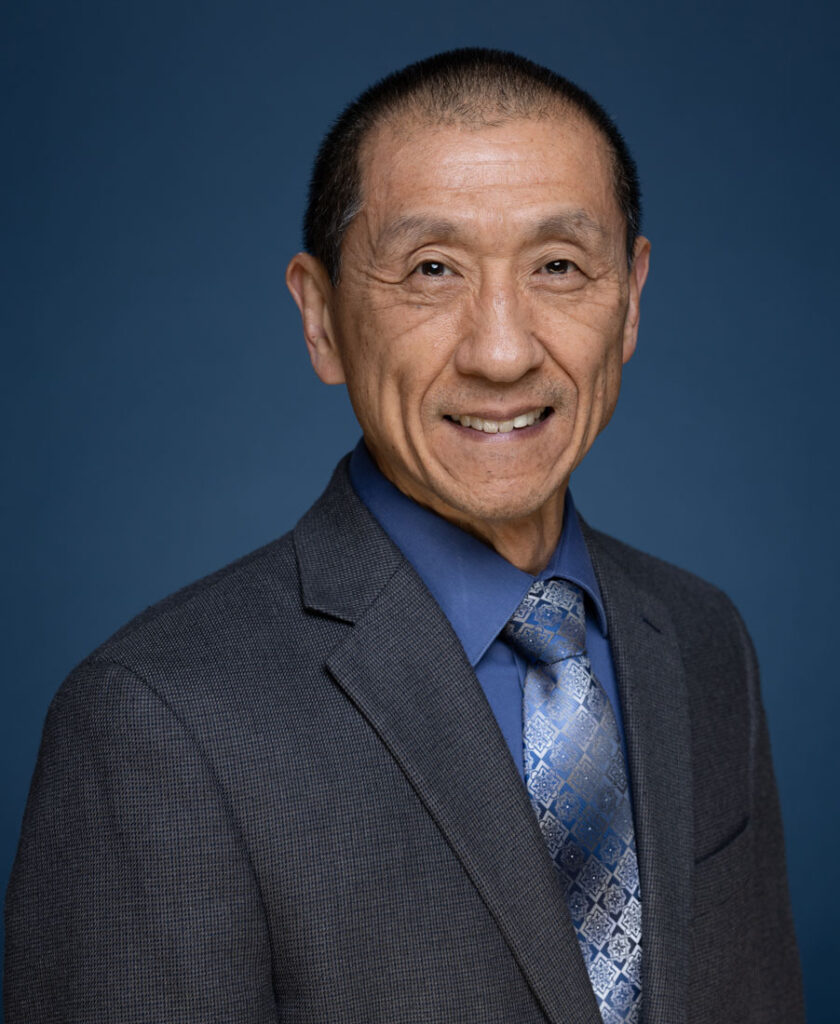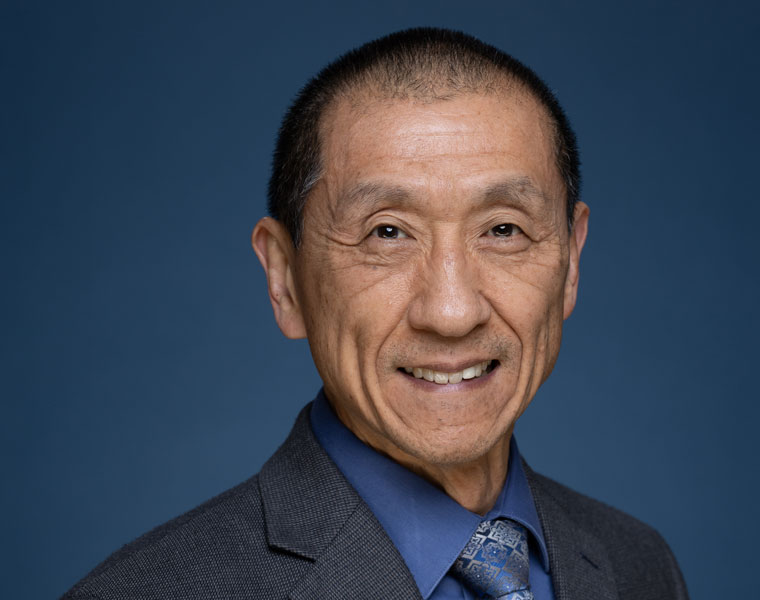May is Asian, Pacific Islander, Desi and Asian American Heritage Month. Throughout the month, The Daily will highlight members of the university community who are of Asian, Pacific Islander, Desi and Asian American heritage to celebrate their accomplishments as members of the campus community and shed light on their experiences at CWRU.

In 1966, John Chae’s father moved from Seoul, South Korea, to the United States with $100 in his pocket and a one-year contract for a surgical internship. He ultimately stayed stateside, and Chae followed in his footsteps three years later. Today, Chae credits this move as his first step on his path to Case Western Reserve University.
At CWRU, Chae serves as professor and chair of physical medicine and rehabilitation and professor of biomedical engineering, and he’s also vice president for research and programs for MetroHealth.
His career with both institutions began in 1994, when he completed his residency training in physical medicine and rehabilitation. He was recruited by a team of interdisciplinary nationally renowned leaders who he credits with helping him reach the same heights in his own career.
“These key leaders provided me with an overall interdisciplinary environment that helped me to develop into a nationally recognized physician scientist,” Chae explained.
“This narrative, however, is not unique to me,” he continued. “CWRU serves as the hub that brings together physicians, scientists, educators and other experts from the various Cleveland institutions toward a shared higher calling to train up the best and the brightest and send them out to change the world for the betterment of our global society.”
Chae was elected to the National Academy of Medicine in 2011—a recognition he feels reflects his national level scientific and clinical impact on the treatment of pain and motor restoration following stroke—however, he considers his impact at the level of individuals and at the level of systems equally salient.
“For me, individual level impact is driven primarily by mentoring,” he noted. “As I have been mentored, I’ve also had the privilege of mentoring numerous individuals.”
Navigating identities
As the university community wraps up its Asian, Pacific Islander, Desi and Asian American Heritage Month celebrations, Chae wants to remind people that no one has a monopoly on racism—and racism doesn’t always flow down the power gradient.
“While it is true that I have been a subject of racism and parochialism from a wide range of groups,” he explained, “I’ve also witnessed racism and parochialism from within the Asian community as well.”
The line separating healthy respect for one’s ethnic or racial identity and destructive ethnocentrism and racism can be fuzzy or razor thin, according to him.
“I have very intentionally chosen not to align with any specific ethnic or racial group,” Chae said. “Instead, I have chosen to align more with my faith community, where we respect and celebrate our individual ethnic and racial identities—but we fellowship and worship together with the conviction that our faith identity transcends both. Obviously, these decisions are very personal and we will not all take the same path.”

